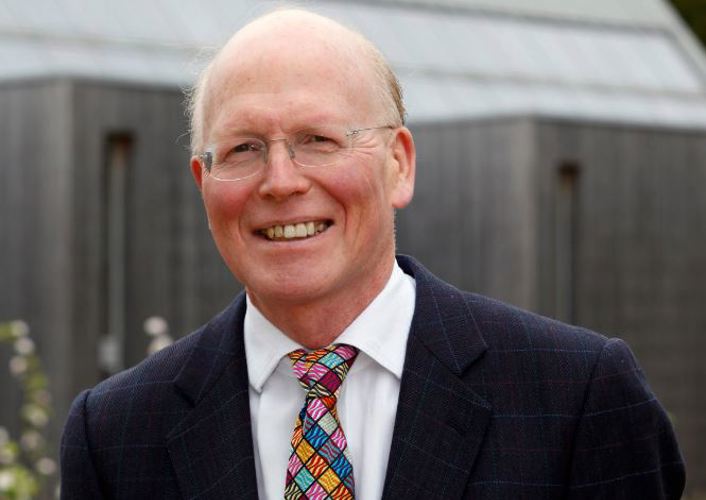Trump, Federer, beauty and political engagement

Keith Budge, Headmaster at Bedales Schools, says pupils should be educated to ‘appreciate the beautiful’ so they can also recognise the opposite.
There are significant challenges and responsibilities of being a liberal educator in an illiberal age, in particular the threat to liberal values presented by recent political developments – notably the US presidential campaign and election of Donald Trump as well as our own EU referendum, and the associated coarsening of political discourse. I believe teachers need to become politically engaged, and our students should be encouraged to do the same.
The weeks following Mr Trump’s election have given additional shape to the nature of that challenge. Anybody pinning their hopes on his developing a more thoughtful and conciliatory approach once in office will have had that idea summarily dispelled. The new President’s first official speech was to the CIA, which opportunity he used, variously, to lay claim to Iraqi oil, lambast the media for reporting the size of the crowd at his inauguration in a way that he did not like, and for signalling a desire for America to get back to winning wars. The speech was adorned with a hubris of quite staggering proportion - he segued from the size of the crowds at his campaign rallies, to the reviews he received for his inauguration speech, to the number of times he has appeared on the cover of Time magazine (a record, he suggested, that will never be broken). The week then proceeded with his announcement that planning for his border wall with Mexico would begin shortly, at that country’s eventual expense. In less volatile times this would have dominated the news, but in no time at all the agenda moved on with his executive order suspending visas and immigration benefits to certain nationals and refugees, and closing the country to those fleeing Syria.
We have rapidly become accustomed to scenes of mass protest in US cities and at airports. Federal judges have come out against the executive order, and senior Republicans are clearly anxious. Perhaps, in some perverse way Mr Trump has done us a service in providing such a clear focus for anger. But this, in turn, raises the question as to how individual teachers might add their voices, distinctively, to the wider dissonance.
When I joined Bedales, the school had the single declared aim of inculcating an appreciation of the beautiful. Although we subsequently broadened this aim, we were conscious that this single aim remained relevant – trenchant, idealistic and uncluttered. Are we just fiddling whilst Rome burns, or does it give us something we can use? I believe the latter, but it requires that we teachers must interpret it and apply it through our various disciplinary and pedagogic prisms. I am an English teacher, and I find it in the power of language, and of the moral force of literature, for example, King Lear’s regret that he has taken too little care of the “poor naked wretches”. I don’t doubt that my colleagues in the sciences, and elsewhere, will find beauty in their own fields. We might join those who have taken to the streets in protest, sign petitions, write to our MPs and encourage our students to consider critically what is unfolding in front of them. No less importantly, I believe that we must continue with our students to seek out and relish beauty from as many different perspectives as possible (we must give our students many stars by which to navigate this world), and so become increasingly sensitised to its obverse.
At the end of January, an epic tennis match was played out in the men’s final of the Australian Open in Melbourne. To the astonishment of many, Roger Federer overcame Rafael Nadal to win his 18th Grand Slam title at the age of 35. In so doing, he displayed his characteristic balletic grace, athleticism and desire to prevail. Was beauty to be found here? Undeniably, yes. No less tellingly, and in marked contrast to the recent public utterances of that other unlikely winner, he gave over much of his inauguration to praise of his opponent. Nadal, we learned, had made Federer “a better player”, and that he would have been happy to lose to him such was the quality of his play. Without making any reference to what has happened in American politics over the past weeks, Federer threw a light on the poverty, the deep lack of generosity – of beauty – in what Mr Trump has had to tell the people of America, and indeed the world.

